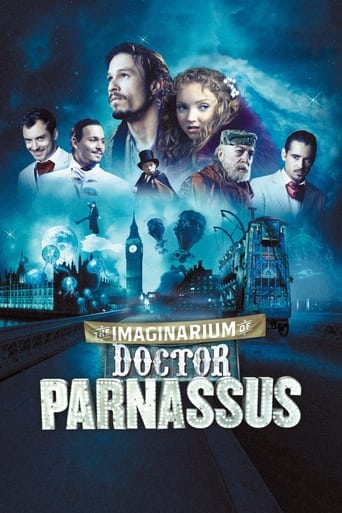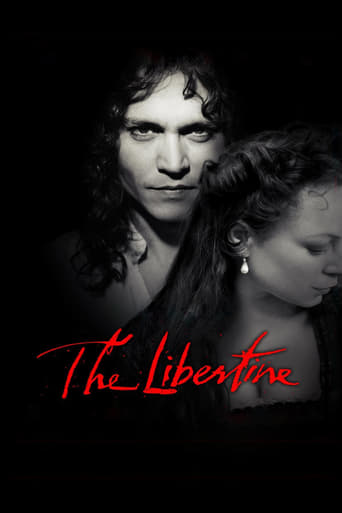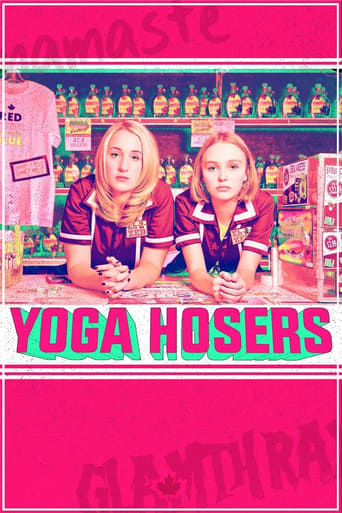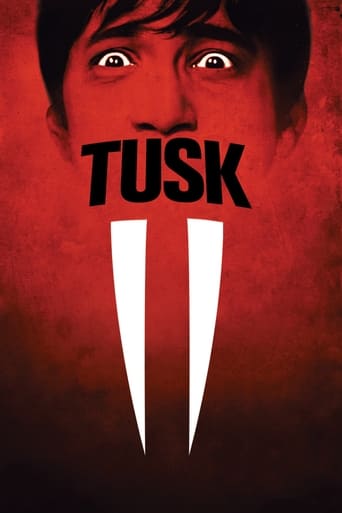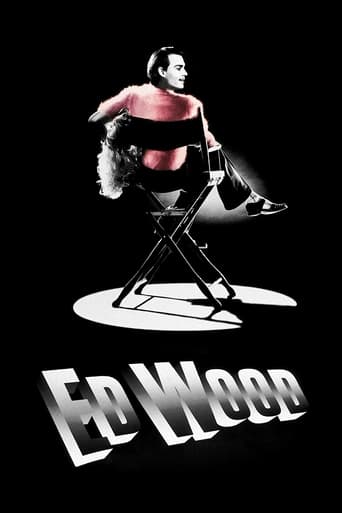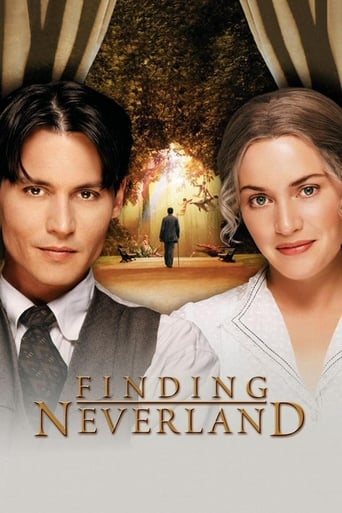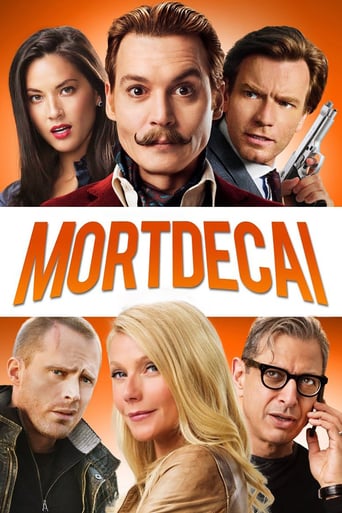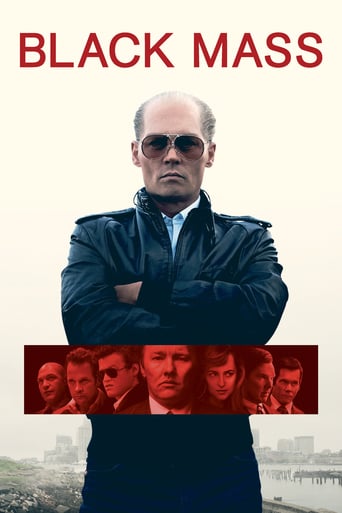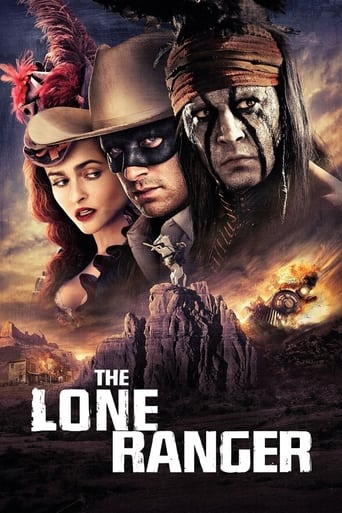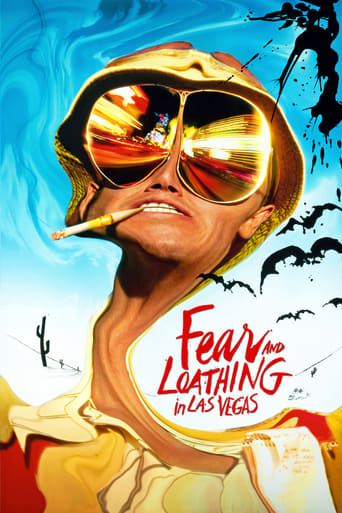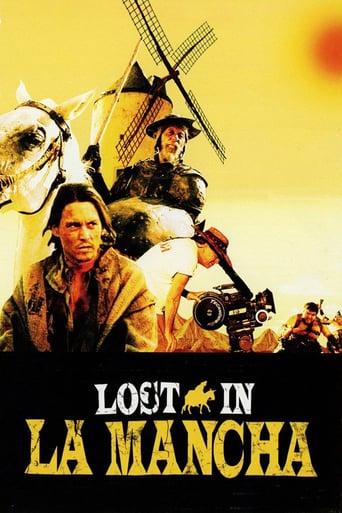


Lost in La Mancha
Fulton and Pepe's 2000 documentary captures Terry Gilliam's attempt to get The Man Who Killed Don Quixote off the ground. Back injuries, freakish storms, and more zoom in to sabotage the project.
-
- Cast:
- Jeff Bridges , Johnny Depp , Vanessa Paradis , Jean Rochefort , Terry Gilliam , Tony Grisoni , Philip A. Patterson


Similar titles
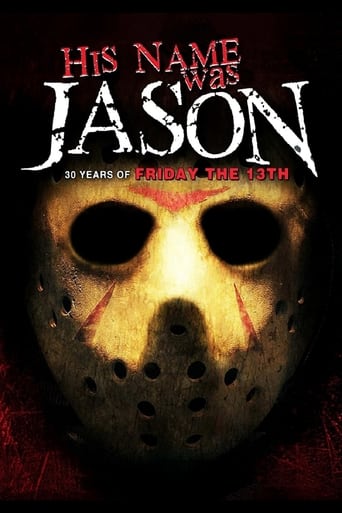


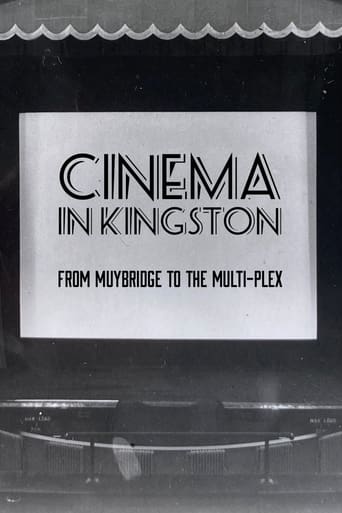
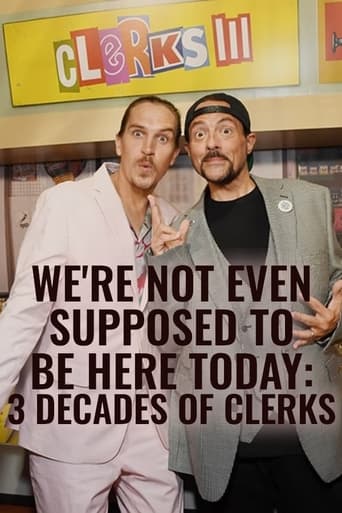
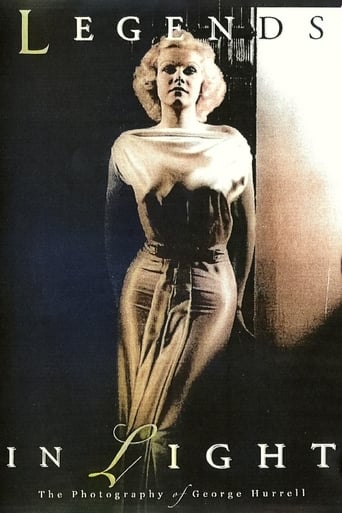
Reviews
Too much of everything
Surprisingly incoherent and boring
It’s not bad or unwatchable but despite the amplitude of the spectacle, the end result is underwhelming.
The movie really just wants to entertain people.
Terry Gilliam has a bittersweet experience with Hollywood. Forever given a relative meagre budget that does not do justice with his visual ambitions and always having to compromise in his storytelling.Lost in La Mancha was intended to be a big budget European funded film that would be an updated adaptation of the Don Quixote story. Watching Gilliam here, it strikes you that he looks like a thinner version of Orson Welles, a filmmaker who himself had problems making his own version of the story some decades ago.Gilliam got veteran French actor Jean Rochefort for the central role, he spent months learning English and he could ride a horse but he also suffered from ill health just as soon as filming began. To attract the younger crowd and guarantee funding, Johnny Depp also agreed to appear in this film but his shooting was restricted because the extras had not gone through rehearsals.This documentary about the making of the aborted film is all that survives of 'The Man Who Killed Don Quixote.' A cursed production hit by foul weather in the Spanish desert and then the illness of the star. The allocated budget had little margin for error and they were behind after the first week of filming.At one point Gilliam is called Captain Chaos, but he just solemnly looks out to the horizon as he figures how to deal with the latest calamity. Even the studios hired in Madrid is just a warehouse with bad acoustics.The documentary is a study of how films are made and how disaster can easily strike. Yet one cannot help feeling, especially as we see the scenes with the 'giants' which Gilliam thinks is fantastic that maybe he himself got a lucky escape from a film that was likely to get a critical mauling.
This could well be the first "making of" documentary of an unreleased film: after three false starts, there were only six shooting days on the ill-fated production of that which would have been THE MAN WHO KILLED DON QUIXOTE. Cervantes' epic novel is right up Terry Gilliam's alley as his own continuing obsession with this particular project is nothing if not Quixotic. For what it's worth, the choice of actors (Jean Rochefort and Johnny Depp) is inspired and the snippets of the shot footage shown in the documentary is promising although I'm not so sure about Gilliam's idea to make Depp a 21st Century Sancho Panza. Well, everything that can go wrong for a film-maker seems to do so to Gilliam and on camera to boot (unacceptable contracts, constant delays due to the unavailability of actors, sudden and disastrous weather changes, unsatisfactory props, financial backers dropping out, etc); one can literally view the maverick director's enthusiasm at the start being drained away as the film progresses.The 'Curse of Quixote' theory is perhaps a valid one: after all, no less a film-maker than Orson Welles tried to mount his own production in the late 1950s and kept vainly working at it practically until his death; it remains unfinished to this day and is only available on French and Spanish DVD in a version compiled by none other than Jess Franco! However, one must recall that another major film artist, G.W. Pabst, made three(!) film versions of the story simultaneously in the early 1930s (two of which, in French and English, are also available on R1 DVD), even if they are not highly-regarded among his films. In any case, the most satisfying version out there is the 1957 Russian one (which I watched many years ago on Italian TV) and, of course, even a journeyman director like Arthur Hiller managed to successfully transfer the musical version of Quixote, MAN OF LA MANCHA (1972), from Broadway onto celluloid.In conclusion, LOST IN LA MANCHA is both a candid look at Gilliam's modus operandi and a real eye-opener to budding film-makers on the perils of being an artist in a commercial industry. Having said that, one can only admire Gilliam's undaunted resolve because, despite the claims of reckless extravagance leveled against him on THE ADVENTURES OF BARON MUNCHAUSEN (1989) and his catastrophic Quixote enterprise, he eventually bounced back in fine form with the equally elaborate THE BROTHERS GRIMM (2005). On a more personal note, I was surprised and amused to see Ray Cooper featured in the documentary and described as a close personal friend of Gilliam's, since I had seen Mr. Cooper flamboyantly drumming away at Jim Capaldi's tribute concert in London last January!
"It can't exist. Because if it does exist, it's too painful." Terry GilliamLost in LaManchaLiterary themes of any depth endure across time. After Hours and The Matrix reflect elements of a prodigal journey. Peckinpah's westerns and Scorcese's street films illustrate baser forms of the survival instinct in a lawless frontier. This documentary rivals the value of titles of the classical canon.In the documentary Lost in LaMancha there is the fracture between Terry Gilliam's romantic vision (obsession?) with The Man Who Killed Don Quixote and the rational view of the modern film industry. Gilliam's phenomenology is elevated, romantic and remote from consensus reality. And Like Quixote, consensus reality wins out. And once again, film and fiction are built on a timeless theme.Both Don Q and Don G are middle-aged and, in a sense, "taking stock" of their life experiences. Quixote collects personal effects: a run-down steed, some make-shift armor, and a basin for a helmet. For Gilliam, the quest begins with a summation of the Python-esqe animation (for example, the Sisyphus figure pushing the movie reel up the hill in futility only to see it sail down the other side,) and references to the Munchausen debacle. "Is Gilliam pushing the stone up the hillside AGAIN?" Both shore up what they need for the journey ahead.Gilliam's windmills play out as the "force majuer," elements out of his control. Rains wash away the production equipment, celebrity schedules, contracts and deadlines hit and miss on the calendar, and failing health of one essential actor (deemed by "Dr." Gilliam as psychosomatic,) bring production to a halt. Quixote assails his windmills frontally, sword in hand as Sancho Panza tells him "They are only windmills." Gilliam waits for the wind to stop oscillating the blades of his windmills and his Sancho Panza (Phillip Patterson,) finally says "Look. You're not going to make the 'film' YOU want to make." In other words, "This is not a windmill, this is a crisis. Rochefort is NOT coming back, so get a clue. Dosomething or I will leave." Dropping Rochefort is not in Gilliam's agenda. Can Don G's will conquer the day to day grief of the film business? Or does he grow extravagant in his romance?In any case, Quixote's bottom line is to march forth in battle to earn merit of knighthood from any on-looking monarch willing to dub him. Gilliam's monarchs (the financiers,) don't bequeath titles of chivalry, but of stewardship. There lies the effects of time on a well-worn tale. Quixote's (and thus Cervantes',) culture and historic period served as a backdrop for Q's need to create a world he could exist in vs. the more pessimistic view of consensus reality. In Gilliam's world, consensus reality itself takes on magnanimous proportions beyond mythic fantasies. After Rochefort's back injury, rain storms and the bean-counting, number-crunching paradigm of the insurance company halt production, one wonders: Maybe Cervantes was right and didn't know it. Maybe giants ARE real. They do exist, and they are painful.This is a very well-done documentary with depth and substance that infrequently visits mortals, and almost consoles me over the failure of Gilliam's project.
Being a fan of anything Don Quixote related I was thrilled to hear that Terry Gilliam was making a movie, especially when I found out that Johnny Depp was attached. I was somewhat puzzled when time went on and I heard nothing about the film. I don't even remember how I found out about the documentary but, though saddened that apparently the movie had fallen though, I was delighted to be able to have an opportunity to experience some movie making magic, Gilliam style. I must say that upon watching the documentary I became saddened by the thought that this apparently delightful and amazing film would never be finished. Depp seems to be his same fabulous self and Rochefort as Quixote would have been delightful. The bits that we actually get to see of the movie are fun to watch. It is terrible that anyone would be plagued by such horrendous bad luck at the crew of this movie was. For anyone who is a fan of Gilliam's work and is in anyway interested in the behind the scenes parts of the film industry, this is a very enlightening little film. It was interesting, even for someone not a part of the industry, to see the process and work involved. My wish for Gilliam is that he will some day be able to make his spectacular movie. If I had the money I would gladly finance the effort myself. Huzzah, Terry! Keep up the good work, we wish you well.

